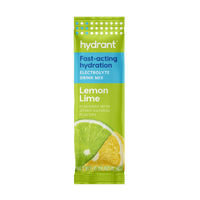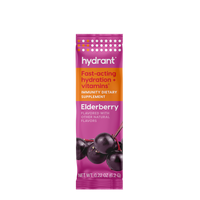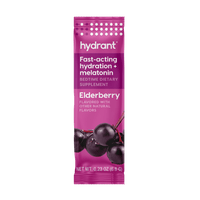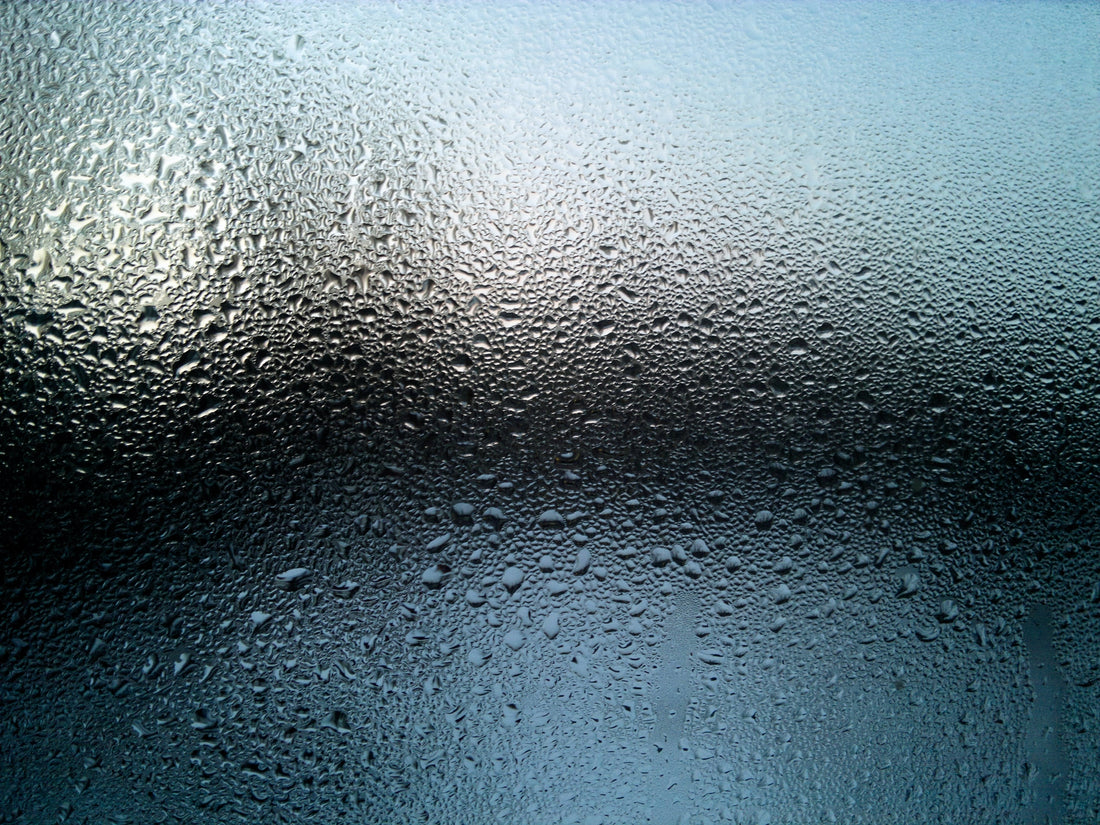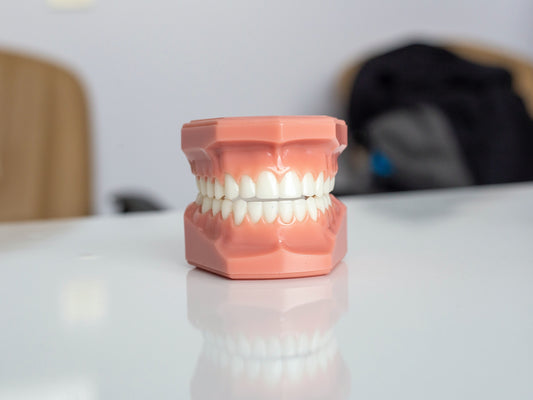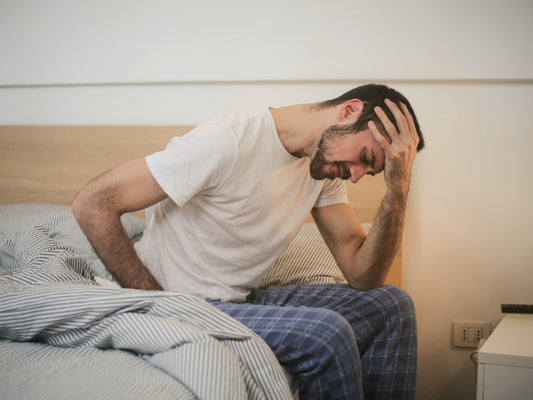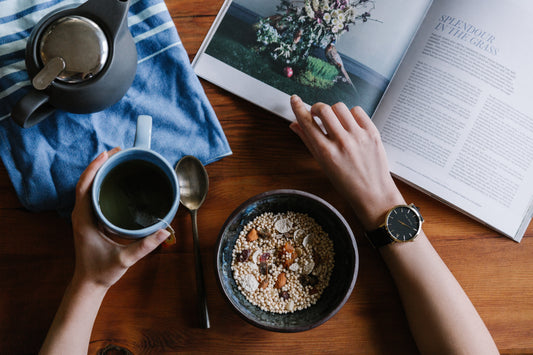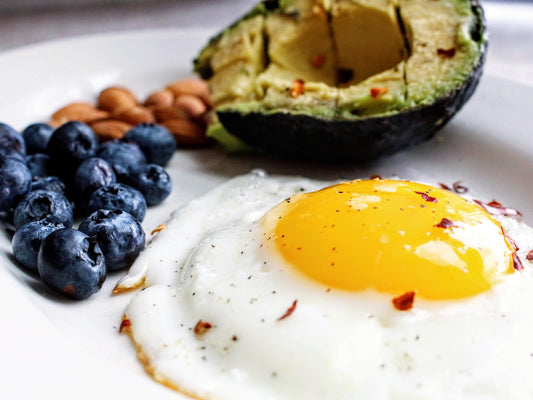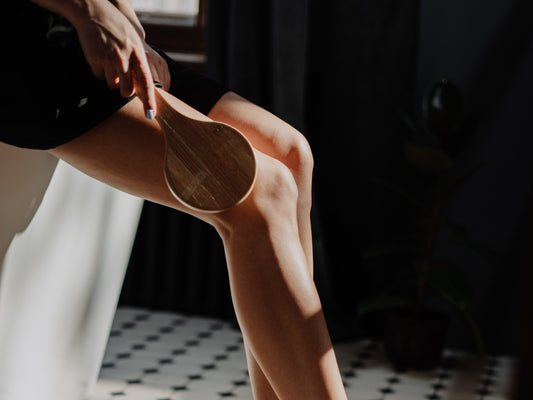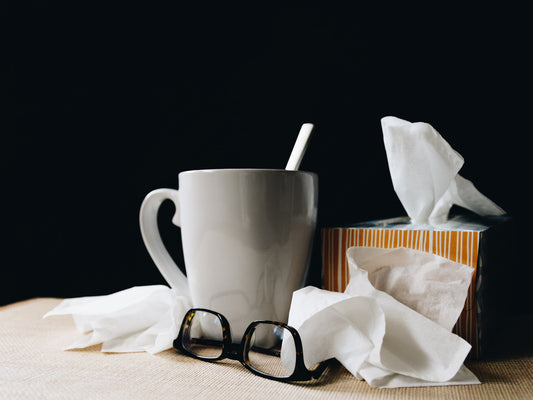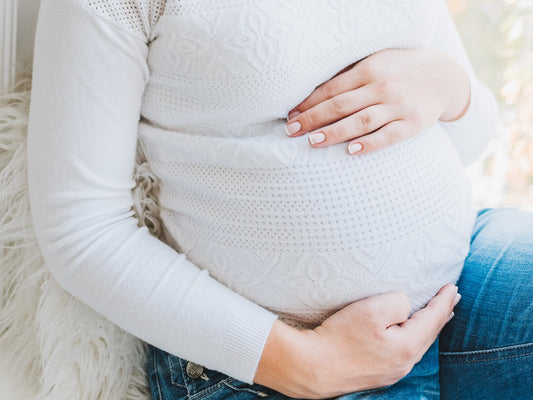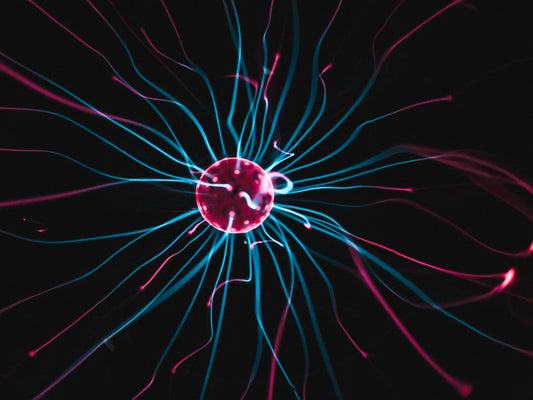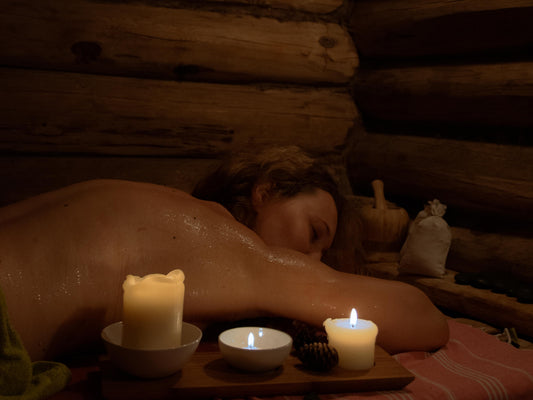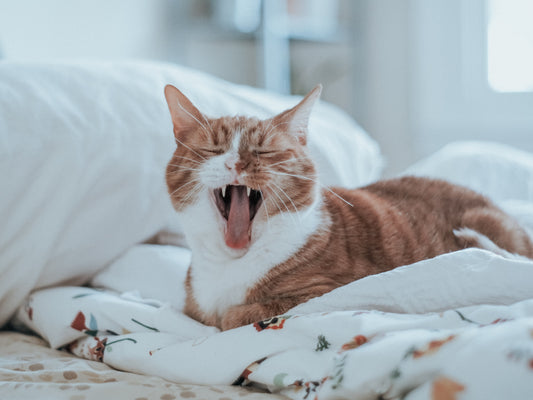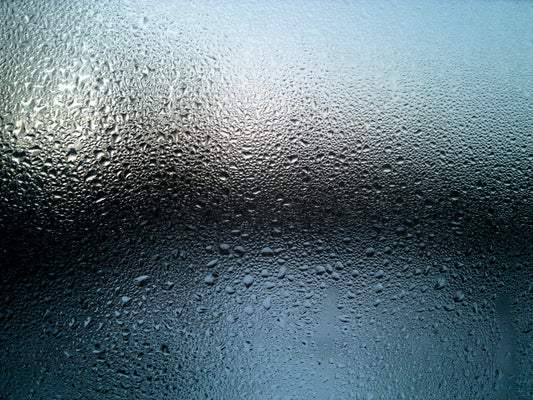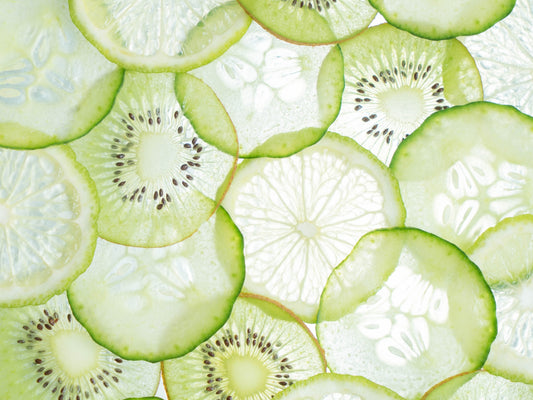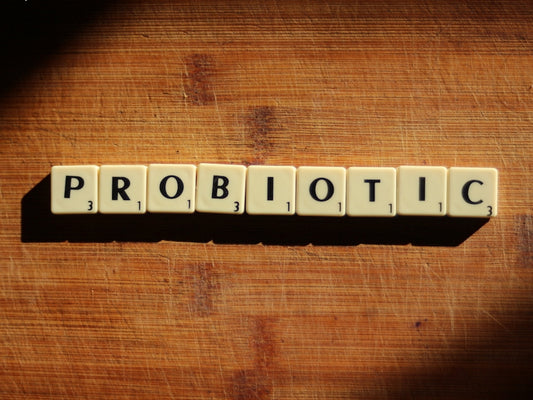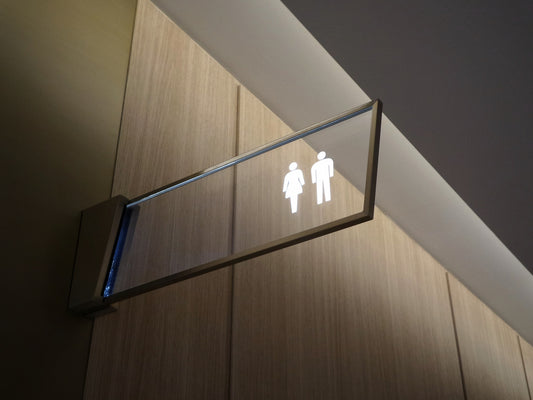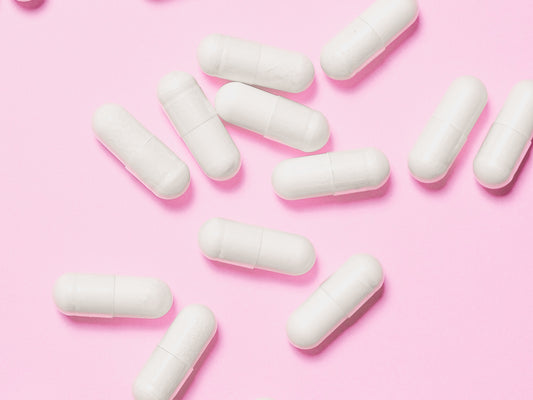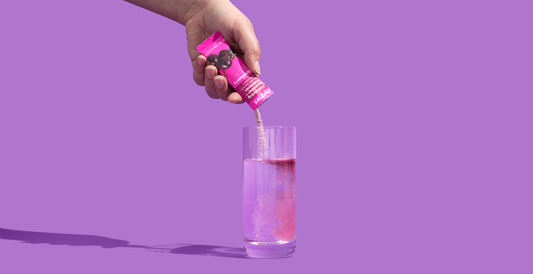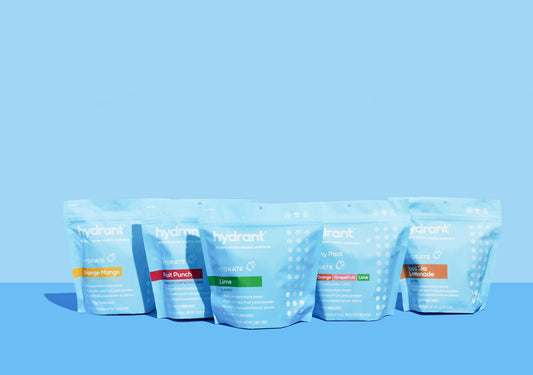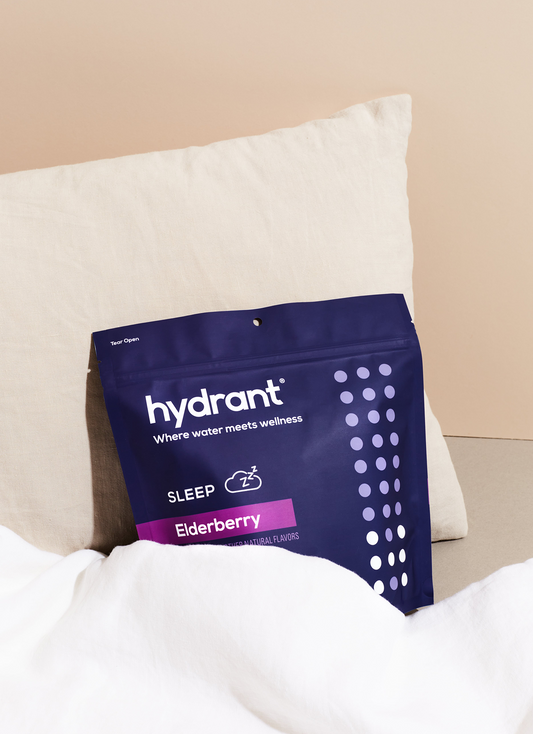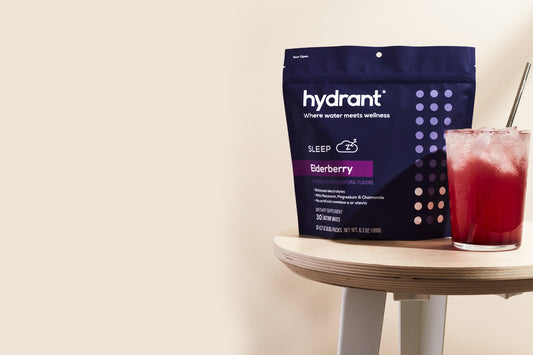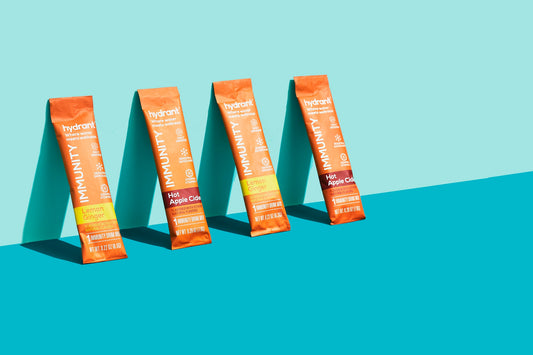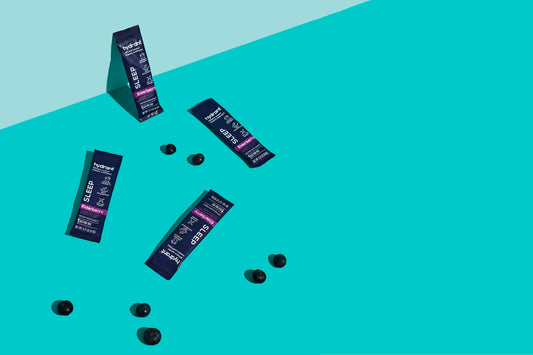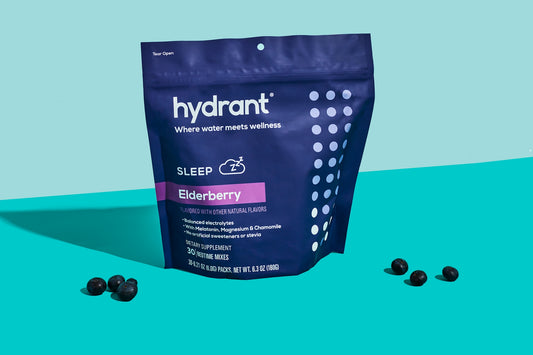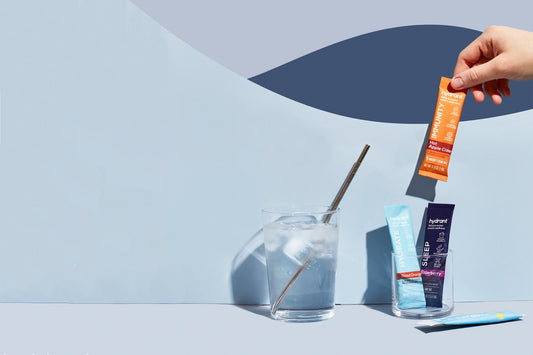Do you experience excessive sweating at night? Does this disturb your sleep? If so, it may be because of an underlying medical condition that you might need to identify in time.
Often this isn’t a cause for concern. But to be sure, it’s best to check out our detailed guide on possible reasons for nighttime sweating.
Top reasons why you may experience sweating at night
1. Your room and bedding
The main culprit of excessive sweating might be your environment. Your body temperature fluctuates throughout the night [1]. So always make sure your room is well ventilated, and you aren’t donning too many layers.

Sometimes, it might be that your blankets and mattress aren’t made of breathable material [2]. This can quickly overheat you, and sweating is the body’s way of releasing extra heat.
Try this!
Change your mattress and sheets
Replace it with breathable foam. Use light cotton sheets and quilts.
Open a window
A well-ventilated room will keep the fresh air flowing.
Have supplements
Thanks to a mix of Melatonin, Magnesium and Chamomile extract, supplements like our sleep mix can help your body relax and get that deep sleep you are longing for.
2. Your routine before hitting the bed
What you do at night before calling it a day has a big impact on your sleep. External behaviors like the following may be the cause of your nighttime sweating:
If your body is dependent on alcohol, it may sweat at night due to withdrawal. Reduce your drinking habit, and your sleep cycle will improve [3].
Eating spicy foods may increase your body temperature, and it may also cause acid reflux or Gastroesophageal Reflux Disease (GERD), which can trigger nighttime sweating [4].
Exercising activates your mind and body. If done close to bedtime, it can negatively impact your sleep.
3. Hormonal imbalance
Disturbance in hormones can cause cold sweating in both men and women. The excess nighttime sweating can be the result of hormonal imbalance caused by the following disorders [5-7]:
- Menopause
- Low testosterone levels
- Hypothyroidism and Hyperthyroidism (thyroid disorders)
- Puberty
Additional symptoms of hormonal imbalance include:
- Rapid weight gain or loss
- Body ache and fatigue
- Increased or decreased heartbeats
If you’ve got any of the symptoms mentioned above, it’s best to get your hormones tested.
4. Obesity
A higher level of body fat can make you drenched in sweat with or without any physical activity. Since obese people have a lower surface area to weight ratio, it becomes harder for the body to cool down, hence the excessive sweating [8].
5. You are stressed
Chances are, if you suffer from anxiety, stress, or depression, it may trigger physical symptoms like excessive sweating [9].

Even when you are sleeping, your mind remains active subconsciously. If you suffer from anxiety and stress, you might also feel these symptoms:
- Dread and hopelessness
- Unnecessary fear
- Weird and unpleasant dreams
- Feel irritable after waking up
- Lethargy
In order to improve your mental health, it’s often recommendable to see a therapist and work through the challenges you’re going through.
6. Side effects of medication
Medicines do heal us, but they also may cause unwanted side effects. One of these side effects may result in the fluctuation in body temperature at night [10]. Medications that may trigger such a response include:
- High blood pressure medicines
- Hormone therapy medicines
- Antidepressants
- Hypoglycemia medication
Consult your doctor if you’re on any of these medicines and discuss the possible side effects.

Drug Withdrawal can also cause disturbed sleep cycles and nighttime sweating. It’s especially true for people recovering from substance or alcohol abuse.
7. Underlying infection or a medical issue
Unwanted nighttime sweating can be your body’s way of communicating about an underlying problem.
Some common infections and medical issues that can cause nighttime sweating as a physical reaction are:
- HIV/AIDS
- Cancer
- Obesity
- Tuberculosis
- Fungal infections
- General bacterial and viral infections such as common cold and flu
- Sleep Apnea — a disorder in which your breathing is obstructed throughout sleep. Common symptoms include loud snores and feeling tired when you wake up [11].
8. Cancer
This may sound over the top, but in rare cases, nighttime sweating is caused by cancerous cells. Serious diseases like cancer also come with other physical symptoms such as [12]:
- Long-lasting fever and chills
- Chest pains
- Sudden weight loss
- Pain in body and bones
If you experience such symptoms, it’s time to consult your doctor, as delayed professional help may cause serious repercussions.
Final Takeaway
Nighttime sweating is normal to experience once in a while, and you don’t have to worry! The reason might be as simple as your environment and nighttime routine.
However, if it becomes persistent and affects your Zzz, you might want to consider a doctor’s opinion. A good night’s sleep is essential for our body to rejuvenate and recharge. It’s good to keep an eye on signs indicating severe health problems.
Usually, if the problem is serious, it comes with other physical symptoms like fever, body ache, and sudden weight loss. In such cases, it’s better to get professional help for a better diagnosis.
References
